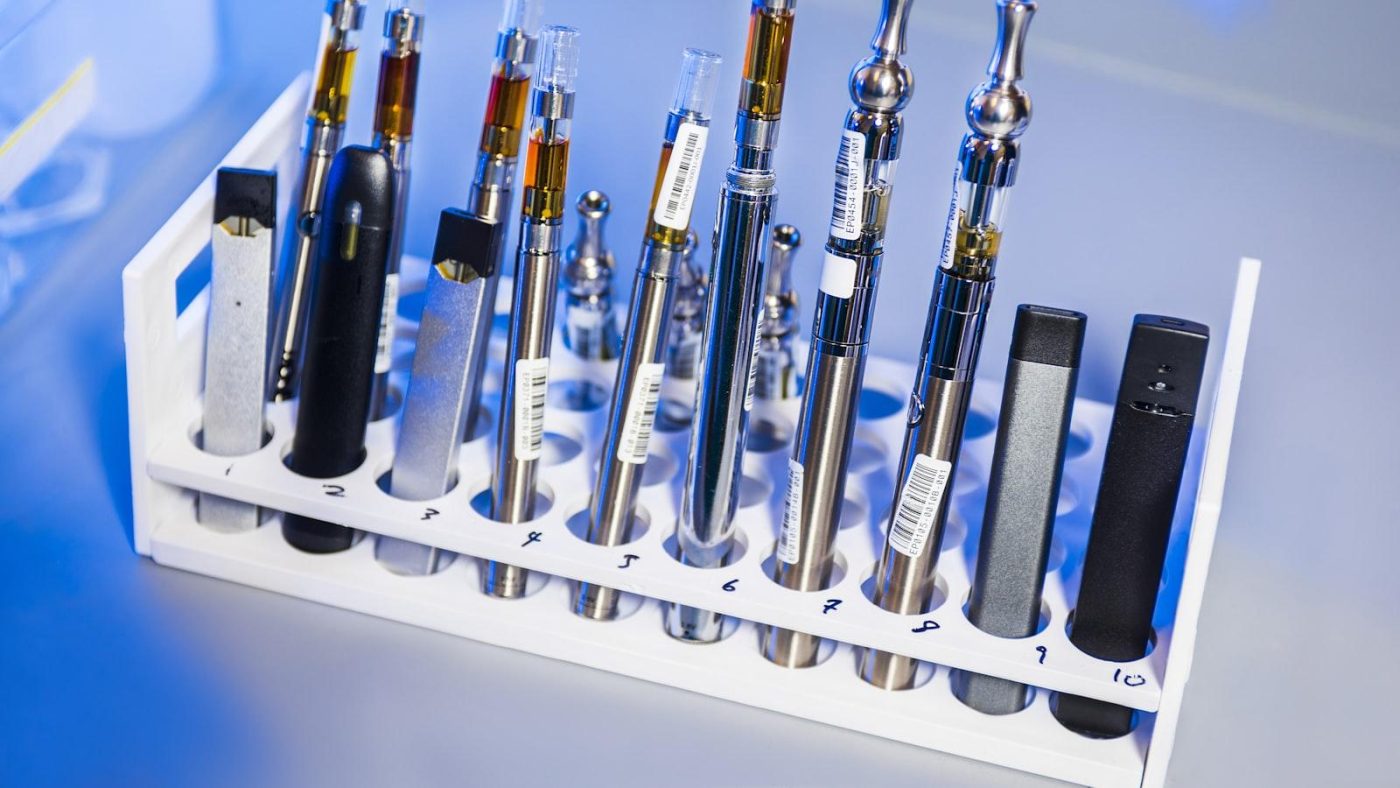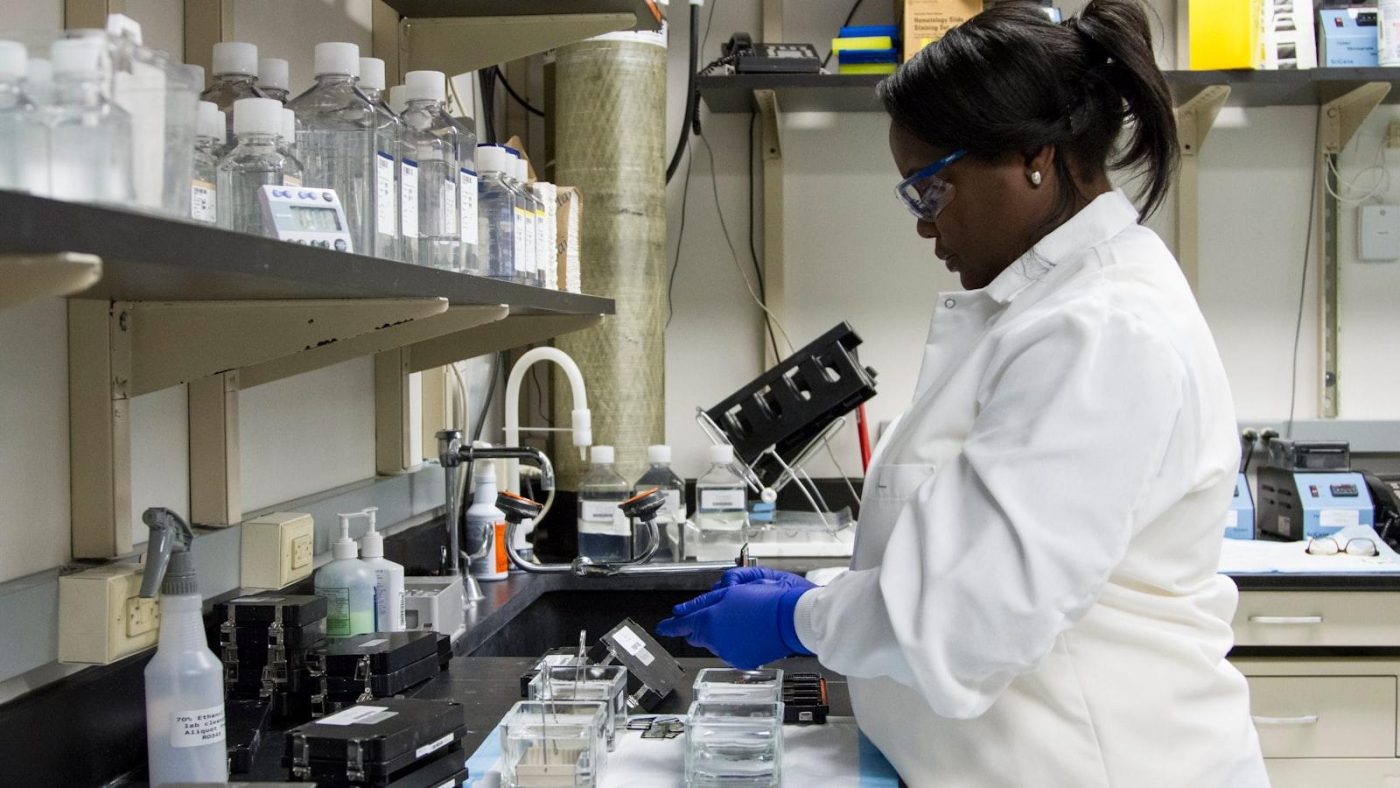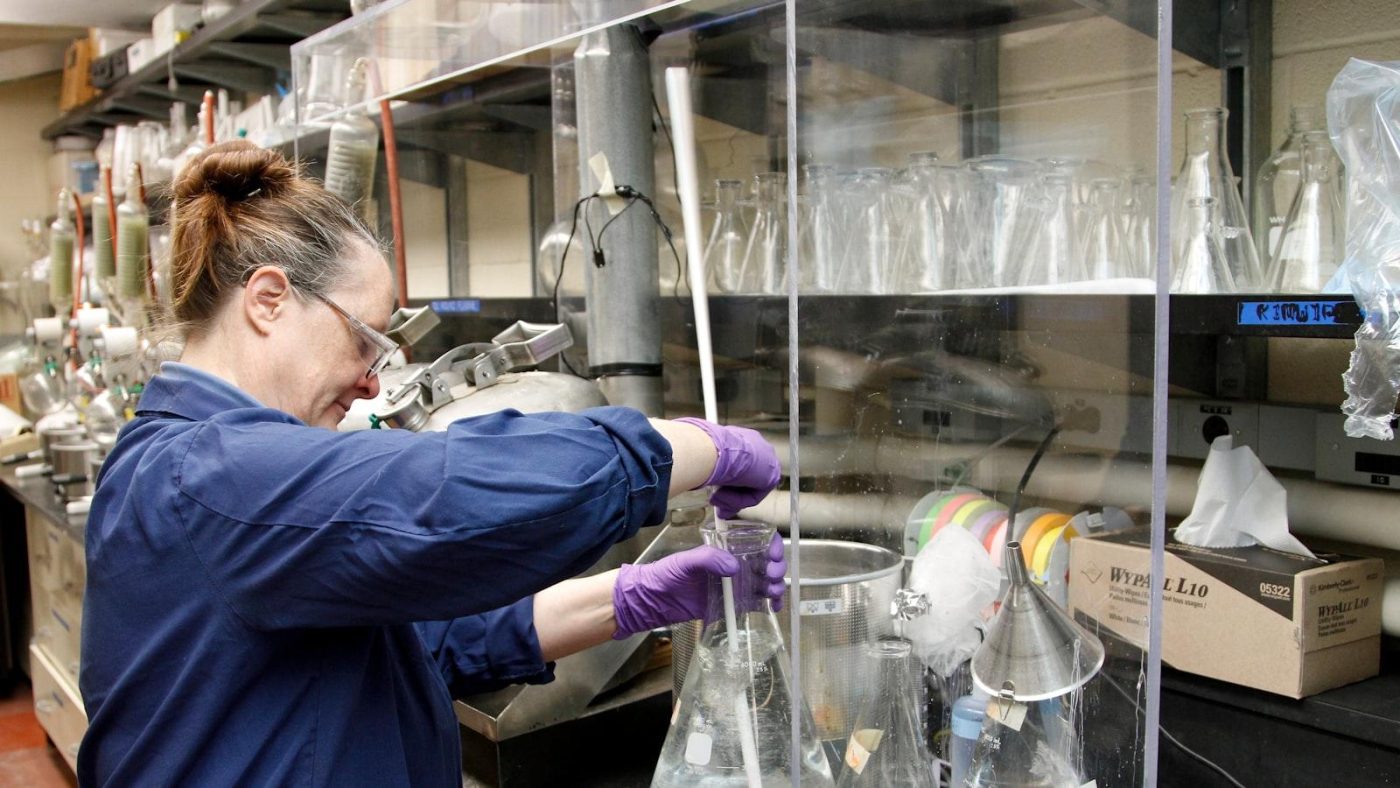Comprehensive Guide to QA Testing Processes: Everything You Need to Know
When it comes to software development, Quality Assurance (QA) testing processes play a crucial role in ensuring that the final product meets the highest standards of quality and functionality. By systematically testing the software at various stages of development, QA testers can identify and fix any bugs, errors, or issues before the product is launched. In this comprehensive guide, we will explore everything you need to know about QA testing processes, including the benefits, practical tips, and best practices.
What is QA Testing?
Quality Assurance (QA) testing is a process that involves systematically testing software to ensure that it meets specific quality standards and requirements. QA testing is essential in the software development lifecycle to catch any bugs or issues before the product is released to the public. Through a series of tests and evaluations, QA testers can identify areas of improvement and work with developers to fix any issues that arise.
Benefits of QA Testing Processes
Implementing effective QA testing processes can bring a wide range of benefits to a software development project:
- Improved Quality: QA testing helps identify and resolve bugs and issues early in the development process, leading to a higher quality end product.
- Enhanced Customer Satisfaction: By catching and fixing problems before the product is released, QA testing can help ensure that customers have a positive experience with the software.
- Cost Savings: Fixing bugs and issues early in the development process can save time and resources by avoiding costly rework later on.
- Increased Efficiency: QA testing processes help streamline the development process by identifying and addressing issues promptly.
QA Testing Processes
There are several key steps involved in the QA testing process, including:
- Test Planning: This involves defining the scope of testing, creating test cases, and establishing test objectives.
- Test Design: In this step, QA testers develop test cases based on requirements and design specifications.
- Test Execution: QA testers execute the test cases and log any defects or issues that arise during testing.
- Defect Management: QA testers track and manage defects, working with developers to fix any issues that are identified during testing.
- Reporting: QA testers prepare test reports to communicate the results of testing to stakeholders.
Practical Tips for Effective QA Testing
To ensure that your QA testing processes are effective, consider implementing the following practical tips:
- Automation: Utilize automation tools to streamline testing processes and improve efficiency.
- Collaboration: Foster collaboration between QA testers, developers, and other team members to ensure that everyone is working towards the same goals.
- Continuous Improvement: Continuously evaluate and refine your QA testing processes to improve quality and efficiency.
- Documentation: Keep thorough documentation of test cases, results, and issues to facilitate communication and problem-solving.
Case Studies
Let’s take a look at a couple of case studies that highlight the importance of effective QA testing processes:
Case Study 1: Company A
Company A implemented a comprehensive QA testing process for their latest software release. By conducting thorough testing at each stage of development, they were able to identify and fix several critical issues before the product was launched. As a result, they received positive feedback from customers and experienced a significant increase in sales.
Case Study 2: Company B
In contrast, Company B neglected to prioritize QA testing for their software release. As a result, several critical bugs and issues were discovered after the product was launched, leading to negative reviews and customer dissatisfaction. This not only damaged their reputation but also resulted in costly rework to fix the issues.
First-Hand Experience
As a QA tester with over 5 years of experience in the industry, I have seen firsthand the importance of effective QA testing processes. By implementing a systematic approach to testing and working closely with developers and stakeholders, I have been able to identify and resolve issues early in the development process, leading to higher quality end products and satisfied customers.
Conclusion
In conclusion, QA testing processes are essential for ensuring the quality and functionality of software products. By implementing effective testing procedures, organizations can improve quality, reduce costs, and enhance customer satisfaction. By following best practices and continuously improving testing processes, companies can achieve success in the competitive software development market. Remember, investing in QA testing is an investment in the success of your product and your business.










